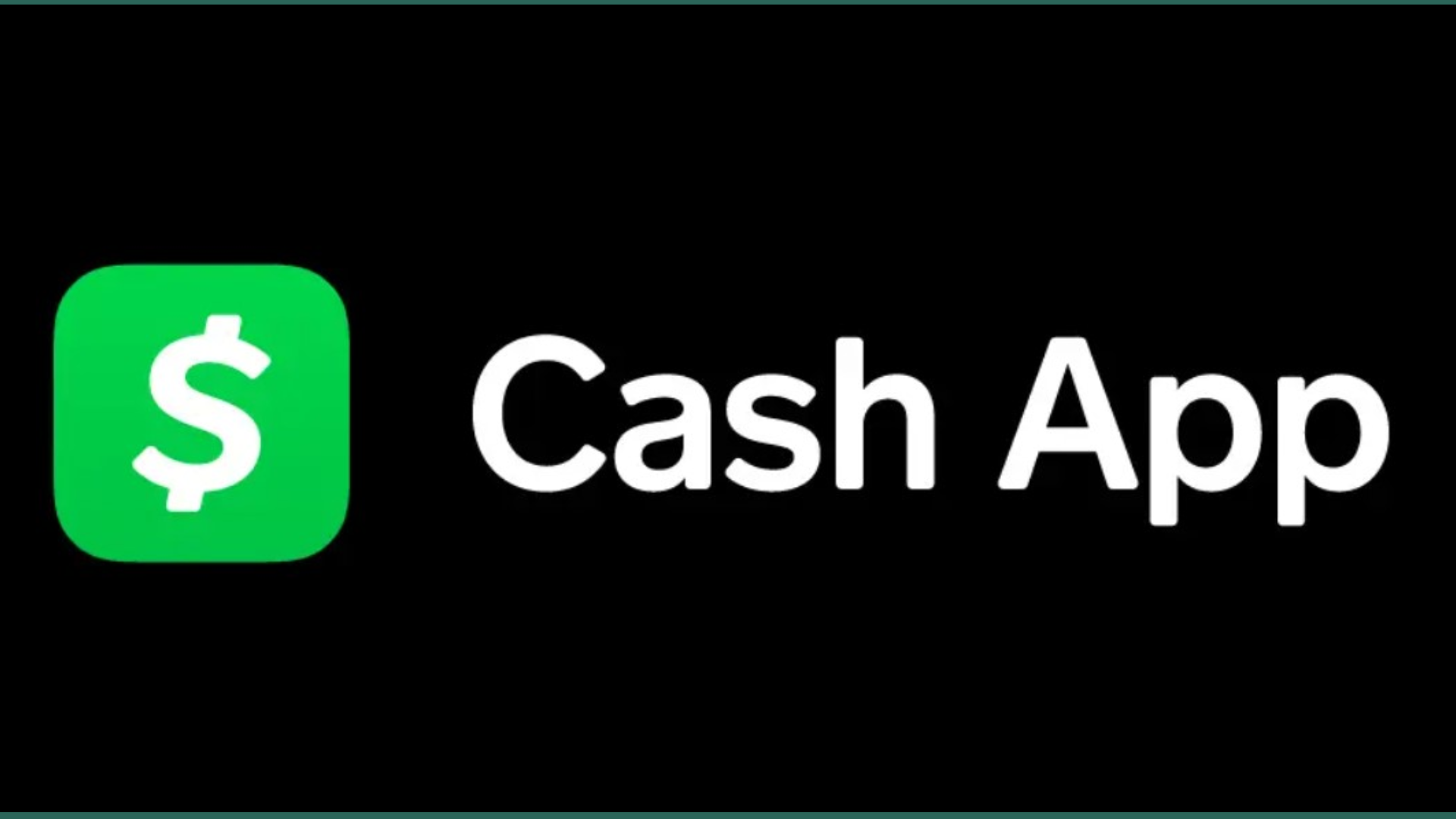Cash App, a product of Block, Inc. (formerly Square), is a mobile payment and financial services platform that has rapidly gained popularity in recent years. Initially designed as a peer-to-peer (P2P) money transfer app, Cash App has evolved into a comprehensive financial tool offering a wide range of services beyond simple money transfers.
How Does Cash App Work?
At its core, Cash App allows users to send and receive money with ease. To get started, users simply download the app, create an account, and link their bank account or debit card. Once funded, users can send money to friends, family, or other Cash App users by using their $cashtag (a unique username) or phone number.
To send money, users simply enter the recipient’s $cashtag or phone number, specify the amount, and confirm the transaction. The recipient receives a notification and can accept the money instantly. Cash App also supports direct deposit, allowing users to receive their paycheck or government benefits directly into their Cash App account.
Beyond Peer-to-Peer Payments
Cash App has expanded its offerings to include a variety of financial services:
- Cash App Card
The Cash App Card is a debit card linked to your Cash App balance. It can be used for both online and in-store purchases. Users can also earn cashback rewards on eligible purchases.
- Cash App Investing
Cash App Investing allows users to invest in stocks and ETFs (Exchange-Traded Funds) with as little as $1. This feature has democratized investing, making it accessible to a broader audience.
- Bitcoin Trading
Cash App has integrated Bitcoin trading, enabling users to buy, sell, and hold Bitcoin directly within the app. This has contributed to the app’s appeal among cryptocurrency enthusiasts.
- Cash App Taxes
Cash App offers a free tax filing service, Cash App Taxes, simplifying the tax preparation process for many users.
- Cash App Savings
Users can create a high-yield savings account within the Cash App, allowing them to earn interest on their savings while keeping their money accessible.
- Cash App Fees
Cash App generally offers free money transfers between users. However, fees may apply for certain services, such as instant deposits, ATM withdrawals, and currency exchange. It’s essential to review the fee schedule to understand the costs associated with different transactions.
- Security and Privacy
Cash App prioritizes security and employs various measures to protect user funds and personal information. These include encryption, fraud prevention systems, and two-factor authentication. However, as with any financial app, it’s crucial to exercise caution and follow best practices for online security.
- Cash App’s Impact
Cash App has significantly impacted the financial landscape, particularly for younger generations. By offering a user-friendly interface, a wide range of financial services, and the ability to manage money on a mobile device, Cash App has attracted millions of users and disrupted traditional banking models.
Challenges and Criticisms
While Cash App has been widely successful, it has also faced challenges and criticisms. Some users have reported issues with customer support, account freezes, and unauthorized transactions. Additionally, concerns have been raised about the potential for fraud and scams associated with peer-to-peer payment platforms.
The Future of Cash App
Cash App continues to evolve and expand its offerings. As technology advances, we can expect to see new features and services introduced to the platform. The company’s focus on user experience, financial inclusion, and innovation positions it for continued growth and success.
Cash App has transformed from a simple peer-to-peer payment app into a versatile financial platform. Its combination of user-friendly design, a wide range of features, and accessibility has contributed to its widespread adoption. While challenges and criticisms exist, Cash App remains a dominant player in the mobile payment and financial services industry.

